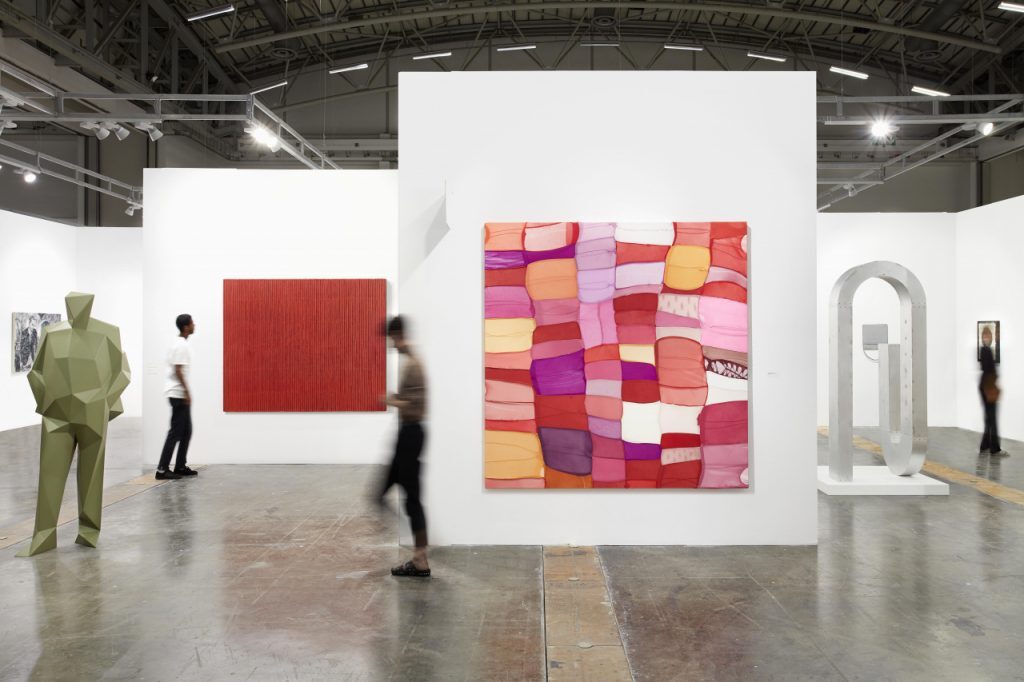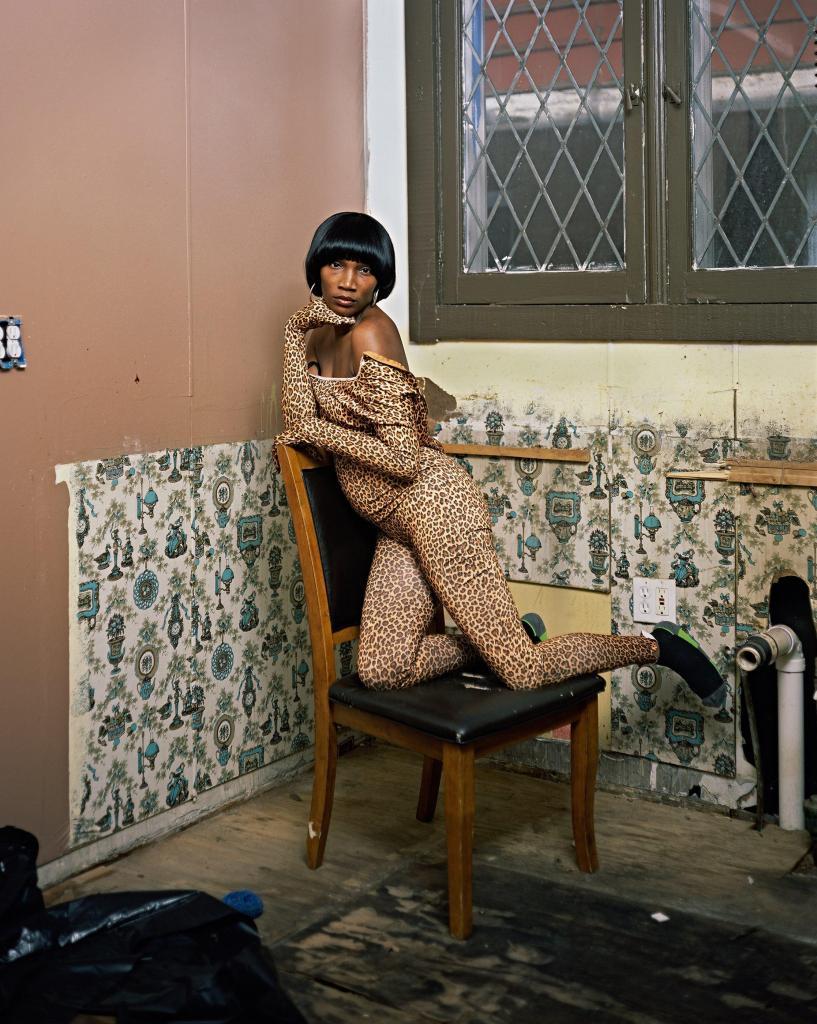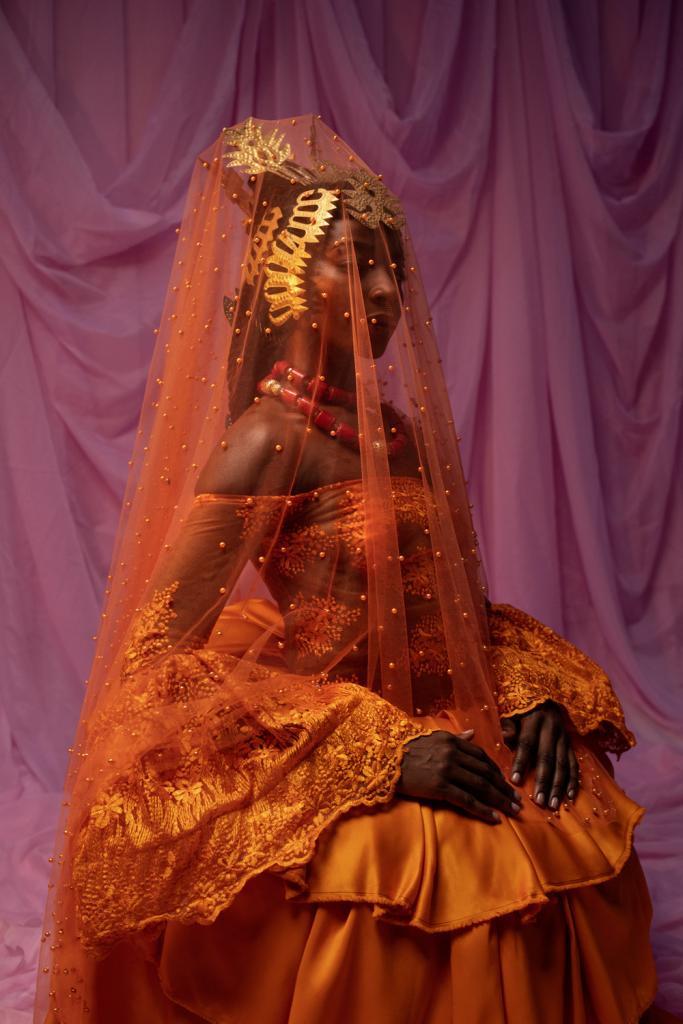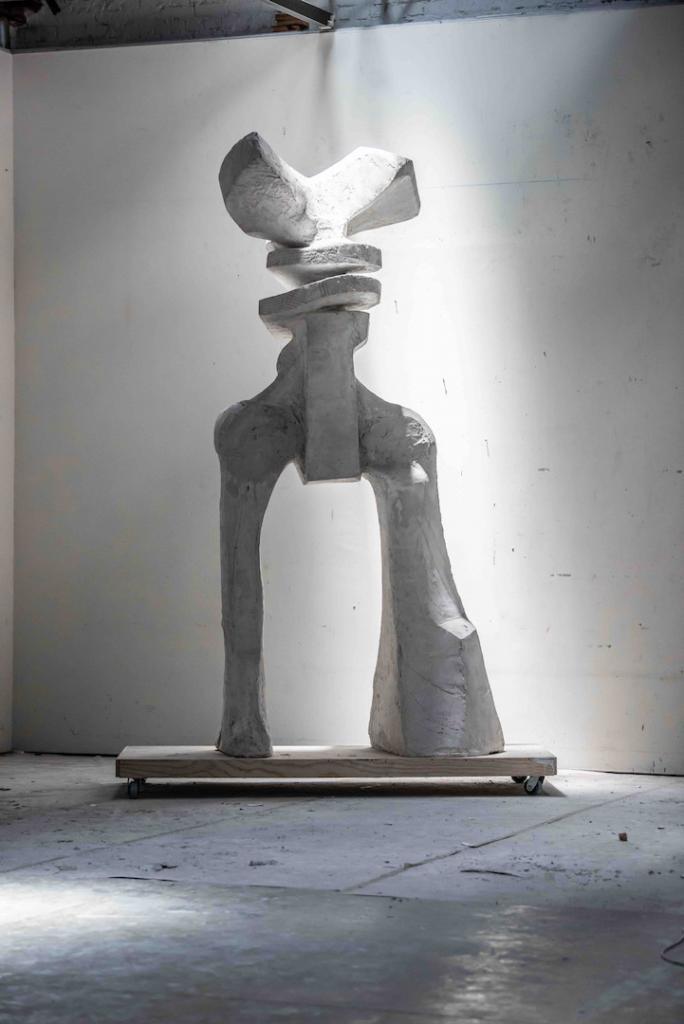Investec Cape Town Art Fair Talks Programme: Speakers Announced

Investec Cape Town Art Fair is the largest contemporary art fair in Africa. With almost 100 galleries, over 15,000 visitors and 2,815 invited guests, it offers a platform for collectors, galleries, curators, artists, and art journalists from around the globe to create connections at the forefront of contemporary art. With an intimate experience of one of the world’s most unique art capitals, Investec Cape Town Art Fair has proven to be the place where the fast-growing African art market and the international art world meet.
Art professionals and enthusiasts will gather for stimulating discussions at the upcoming Investec Cape Town Art Fair, from 14 to 16 February 2020. The Investec Cape Town Art Fair Talks Programme brings leading art advisors, curators, collectors, critics and artists into dialogue, giving all Fair ticket-holders access to their expertise. For this edition of the Fair, the programme will cover a number of topics which are of great relevance in understanding the current state of the global and regional contemporary art world.
The Talks Programme will take place in the De Gama Room at the Westin Hotel, directly adjacent to the Investec Cape Town Art Fair venue at the Cape Town International Convention Centre.

According to Talks Programme Curator, Tumelo Mosaka, discussions between featured artists and galleries will introduce ideas related to building value through art, as well as understanding the curatorial role within the cultural field. The mix will balance artistic and academic perspectives, along with those from private and publically-run institutions supportive of emerging artists.

Panels will feature esteemed academics and curators from diverse localities to unpack various topics including:
Art and Philanthropy in Africa
Friday 14 February: 12h00-13h00
Funding for the creative cultural sector across Africa has suffered setbacks from poor management, political interference, and corruption among the many issues. Over the past decade, Africa has witnessed an emerging creative economy that is providing employment and sustaining artistic production through commissions and acquisitions of art. Africa today hosts several world-class museums, art fairs, auction houses and artists residencies all invested in growing the arts landscape. This panel will examine the role of philanthropy in the arts, and expose the gaps and opportunities to advance the creative industries as a viable and important aspect of our daily life.
Moderator: Damian Nixon (Art Business Consultant, London)
Panellists: Matthias Leridon (Co-founder and Director of African Artists for Development, Cape Town); Marcus Desando (CEO of Arts and Culture Trust, Johannesburg); Danda Jarolimek (The African Arts Trust, Nairobi); Banele Khoza (Founder of BKhz Projects, Johannesburg)
A passion for collecting art
Friday 14 February: 14h00-15h00
Collecting art should always begin with a passion and only later be informed by self-education, specialist knowledge and commitment. While in the beginning it may be a daunting task; key to this experience is asking why you want to own this work. For many, collecting art can seem out of reach and only preserved for older and wealthy clients. This panel will address misconceptions and constraints associated with collecting art, while also exploring how passion manifests in collecting art.
Moderator: João Ferreira (Art Dealer and Advisor, Cape Town)
Panellists: Guido Giachetti (Private Collector, Cape Town)
Tristanne Farrell (Investec Wealth & Investment, Cape Town)
Kholisa Thomas (Private Collector, Johannesburg)
Martin Epstein (Private Collector, Cape Town)
Constructing Landscapes of probabilities
Friday 14 February: 16h00-17h00
In a country where it is impossible to not talk about the politics of identity and where to talk about it is a millstone that is hung around black artists necks, how does one navigate the terrain that is ‘black female subjectivity’ in South Africa creatively? This panel aims to explore the way in which these young women artists harness imagination in redefining black women’s subjectivities historically and in the contemporary moment, but also in imagined futures. The discussion will look at the artists shared common interests of painting and digital technologies, and will also tease out the ways in which both artists use imagination in their creative practices as a radical redefining methodology to present alternative narratives, which include renewed understandings of who and what (s)heros are; the possibility of alternate pasts; and the construction of landscapes of probabilities.
Moderator: Sharlene Khan (Artist and Scholar, University of the Witwatersrand, Johannesburg)
Panellists: Malebona Maphutse (Artist, Johannesburg); Thenjiwe Niki Nkosi (Artist, Johannesburg)
Museums in the 21st century
Saturday 15 February: 12h00-13h00
Traditionally art museums have functioned as a sanctuary, a place for meditation whilst also offering education. They have also been a cultural resource contributing to the economic engine that has strengthened local businesses through cultural tourism. In recent years, this model of museums as a shrine to history has been rethought particularly with an interest to dramatically increase audiences of every kind, whilst also recognising the role technology plays in everyday lives. It is said that museums have gone from, “being about something, to being for somebody”. Such a shift in perspective has raised many questions about what was and could be a museum in the 21st century. This panel will explore the various ways museums respond to pressures and challenges of the coming decade.
Moderator: Tumelo Mosaka (Curator, Cape Town, cultural & talks programme Investec Cape Town Art Fair)
Panellists: Adriana Rispoli (Independent Curator, Italy); Koyo Kouoh (Dir. Zeitz MOCAA, Cape Town); Sonia Lawson (Dir. Palais de Lomé, Lomé)
Nana Oforiatta-Ayim (Founder and director of ANO Institute of Contemporary Arts, Accra)
The quest for sustainable art platforms
Saturday 15 February: 14h00-15h00
The panel examines the current and possible future model of art platforms and institutional spaces as self-sustainable entities. Challenges around sustainability for art platforms are well theorized and yet remains a question that most non-commercial entities grapple with. Competing for the same shrinking pot of funds and maintaining the intellectual autonomy of the projects while juggling the needs of the funder is a real challenge. How do we keep our doors open while occupying the space and practitioners that the museums and commercial entities do not reach?
Moderator: Nkule Mabaso (Curator, Michaelis School of Fine Art, Cape Town)
Panellists: Premesh Lalu (Factory of the Arts, UWC); Georgina Maxim (Village Unhu Collective, Harare); Angela Shaw (Director of KZNSA, Kwa-Zulu Natal); Kabelo Malatsi (Independent Curator, Johannesburg)
Artist in dialogue
Saturday 15 February: 16h00-17h00
The discussion will explore how these artists conceive of their practice and engage the public.
Moderator: Lorenzo Fusi (Director/Curator Yerevan Biennial 2020, London)
Panellists: Kemang wa Lehulere (Artist, Cape Town); François-Xavier Gbré (Artist, Abidjan)
Building Legacies: Investing in culture
Sunday 16 February: 14h00-15h00
There is a rise of private institutions in the form of museums, artist-led foundations and other types of non-profit organisations. While their functionalities may differ due to their business goals and how they position themselves, an underlying factor among them is their investment in culture based on place-making and legacy-building. This panel will unpack these processes by exploring questions and ideas about what role these institutions play in our culture today and how private objectives too can contribute towards national culture.
Moderator: Boitumelo Tlhoaele (Co-curator of the Talks Programme, Cape Town)
Panellists: Bongiwe Dhlomo-Mautloa (Artist and Curator, Johannesburg)
Craig Cameron-Mackintosh (Billy Monk Collection, Cape Town); Sipho Mdanda (Curator, Freedom Park, Johannesburg); Lindsay Hendricks (Education Coordinator at the Norval Foundation, Cape Town)




